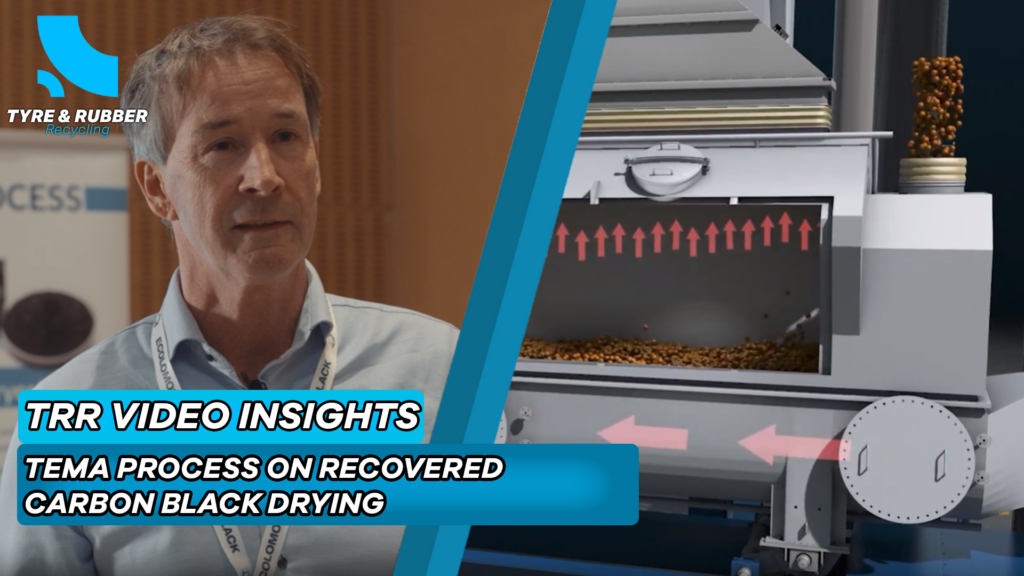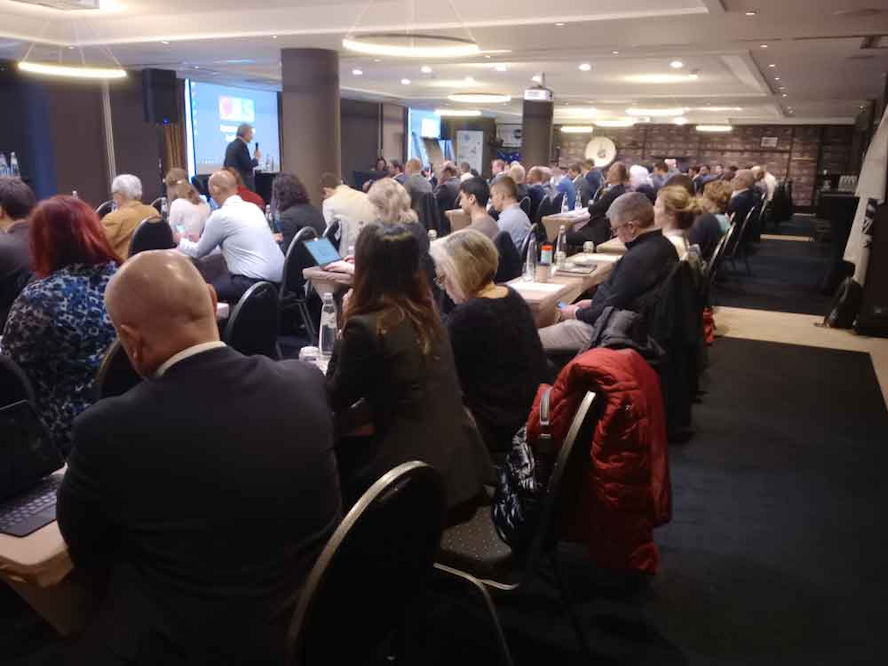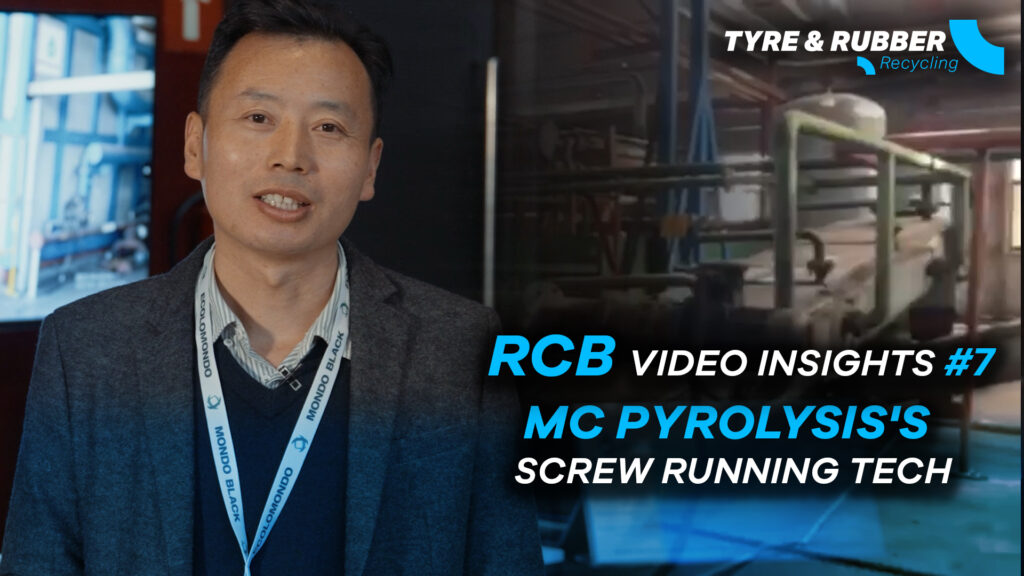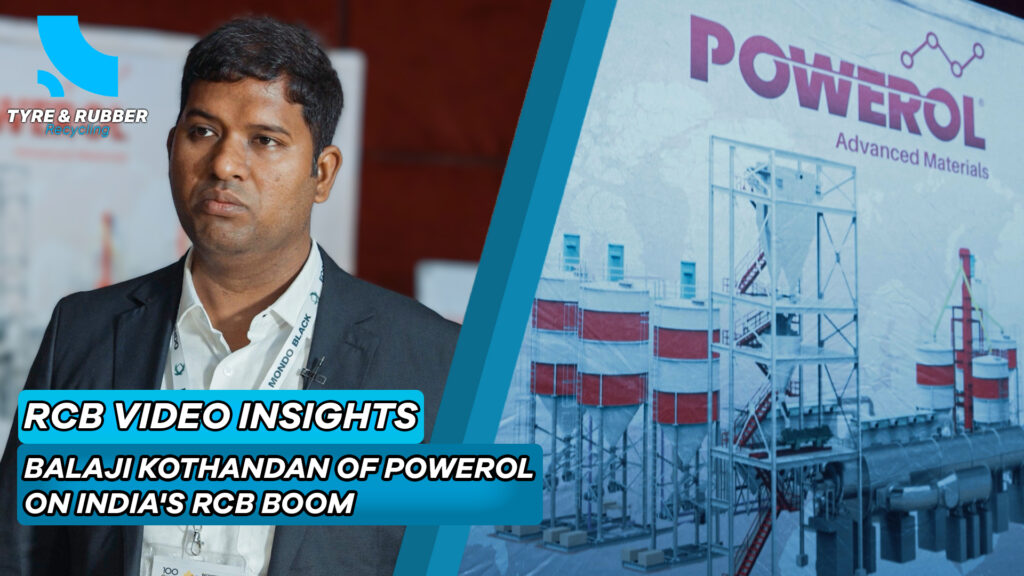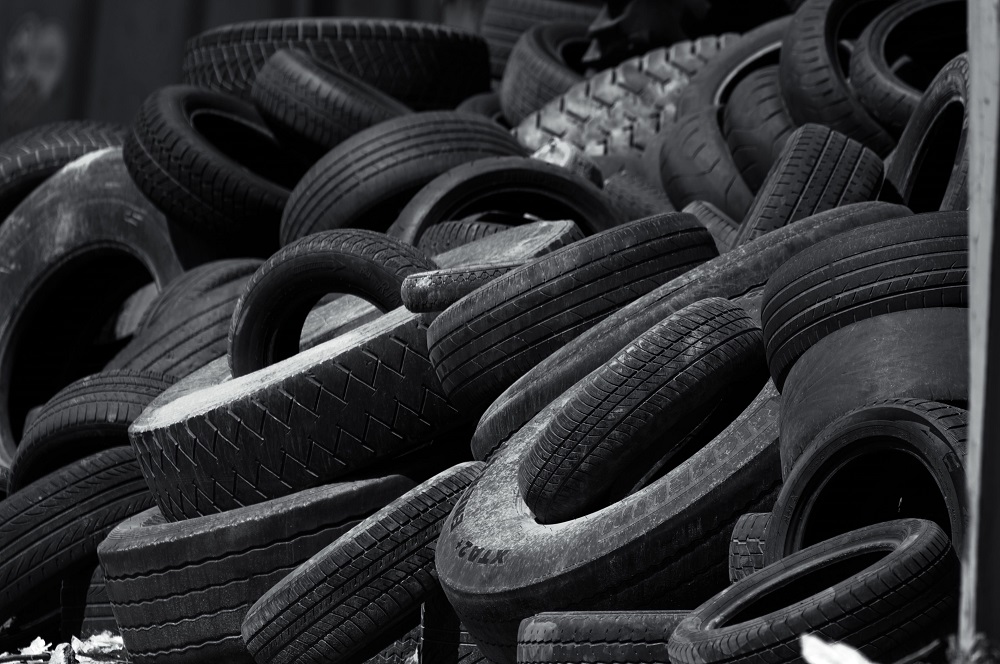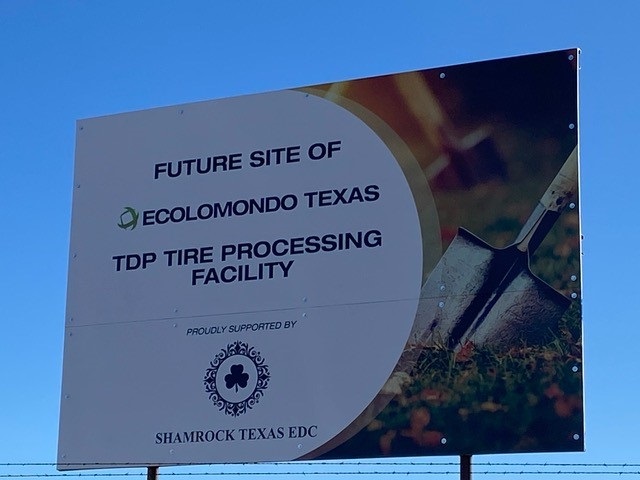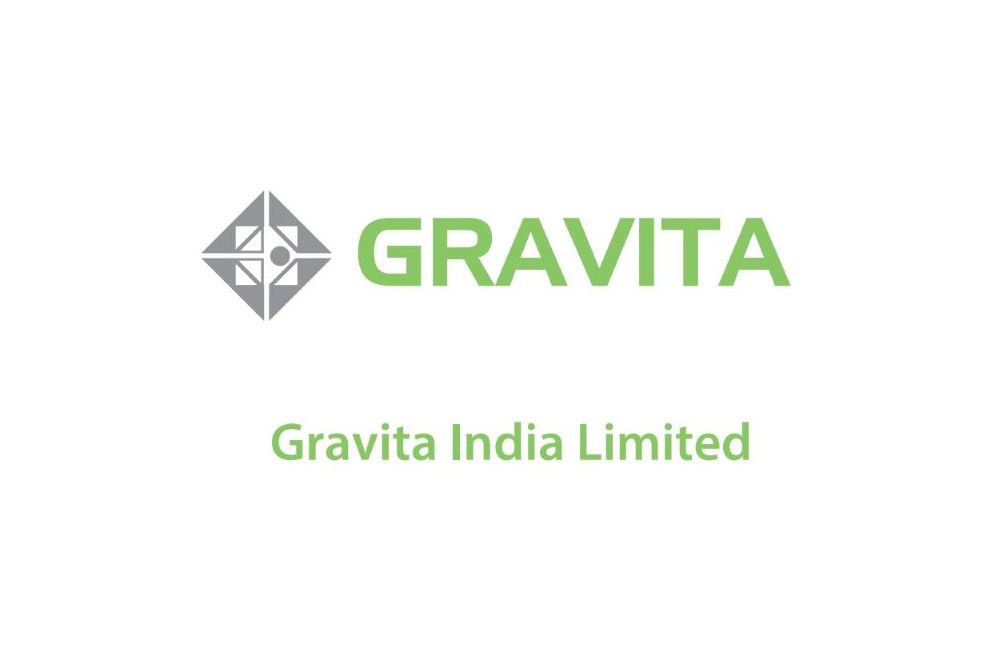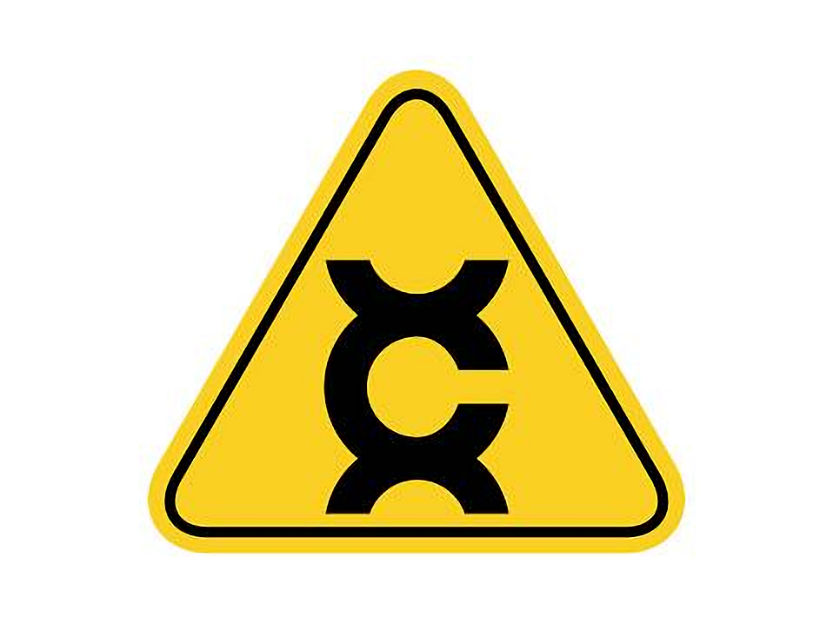In Episode 10 of TRR rCB Conference Video Insights, we feature the International Sales Manager for Tema Process, Koen Egberts.
Koen Egberts Explains how Fluid Bed Dryers Improve rCB Drying Efficiency
Tema Process were attending and exhibiting at the conference to present their Fluid Bed Dryer Solution which assists in the efficient drying of recovered carbon black. Besides this, Koen underlined the importance of coming to events such as this one to learn and understand the ongoing trends in the rCB market.
Chapters:
00:00 Introduction to TRR rCB Video Insights with Koen Egberts & Tema Process
00:46 Koen Egberts Discusses the Significance of Attending the rCB Conference for Tema Process
01:11 Tema Process Stress The Importance of Gentle Drying with rCB Pellets
01:48 Tema Process Forming Competitive Advantage by Focusing on Energy Savings and Safety
02:40 Conclusion

